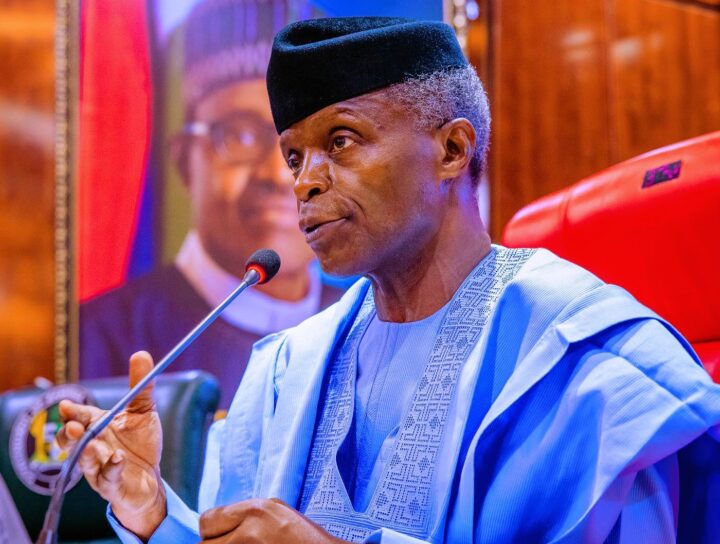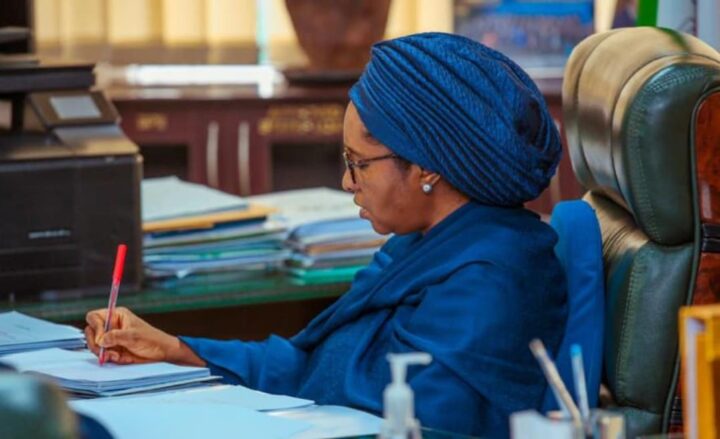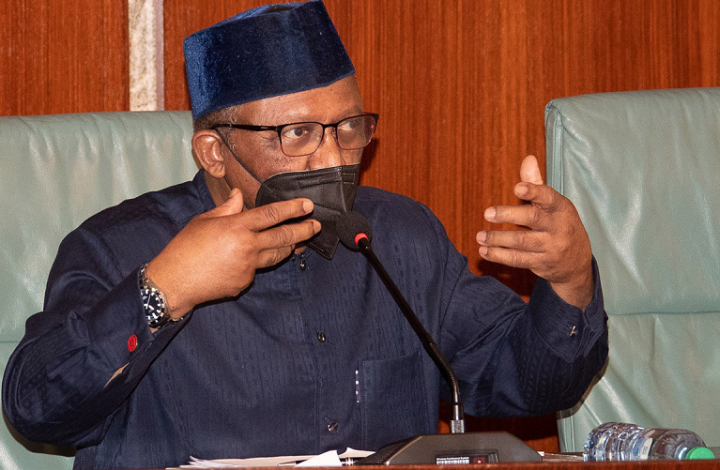The federal government has set up a national council to facilitate the implementation of infrastructure projects across the country.
The inauguration occurred in Abuja on Tuesday, according to a statement issued by Laolu Akande, spokesman to the vice-president.
Speaking at the inauguration, Vice-President Yemi Osinbajo said the national council on infrastructure was set up by President Muhammadu Buhari.
“For efficient and effective implementation of infrastructure projects, the national integrated infrastructure master plan (NIIMP) recommended the establishment of the national council on infrastructure and its technical working group (TWG),” the statement quoted him as saying.
Advertisement
Osinbajo said collaboration between the federal government and the private sector would ensure effective coordination of infrastructure development across the nation.
He added that such collaboration would also bridge the nation’s infrastructure gaps.
According to him, the federal government’s national integrated infrastructure master plan (NIIMP) was developed to provide an integrated view of infrastructure development in Nigeria with clear linkages across key sectors and to identify enablers for successful implementation in line with the current economic realities.
Advertisement
“The NIIMP takes stock of existing infrastructure and specifically sets out the goal of raising Nigeria’s infrastructure stock to at least 70 percent by the year 2043,” he said.
“The success of the NIIMP will depend, to a large extent, on the establishment of a strong implementation mechanism and framework that promotes performance and accountability.
“The national council on infrastructure is to provide policy direction on infrastructure matters and drive the creation and sustenance of the expected synergy and linkages between the public and the private sector to enhance the implementation of the infrastructure master plan.”
Osinbajo said the technical working group would provide guidance to the council and advise on all infrastructure-related matters.
Advertisement
He said in spite of the infrastructure deficit across the country, there had been deliberate and massive investments in road, rail, and power infrastructure for rapid economic development by the present administration.
According to him, a fundamental feature of the federal government’s plan for the rapid development of the economy is a deliberate and massive investment in infrastructure.
“They include the second Niger Bridge, the Lagos-Ibadan expressway, the Abuja-Kaduna-Kano Road (funded through the presidential infrastructure development fund); the construction and upgrading of about 5,000 km of major road projects across the country through the Sukuk bond,” he said.
“Rail sector investments include the Lagos-Kano standard gauge lines, and the Warri-Itakpe rail.
Advertisement
“In the energy sector, this administration has greenlit NLNG Train 7, invested in the Ajaokuta-Kaduna-Kano (AKK) pipeline, and is on track to complete an incremental 4,000MW of generating assets such as Zungeru Hydro and Kashimbilla Hydro to complement systemic reforms and investments in the distribution and transmission segments of the electricity value chain.
“The administration is investing more than $2 billion in distribution and transmission through the Siemens presidential power initiative, the transmission, rehabilitation and expansion plan, the CBN-financed transmission-distribution interface programme, and the recently approved $500 million World Bank DISREP programme for the distribution segment,” he said.
Advertisement
The vice president also highlighted the federal government’s N15 trillion Infrastructure Corporation (InfraCorp Nigeria) in 2021, the reviewed national integrated infrastructure master plan (2020-2043), and the national development plan 2021-2025.
Osinbajo said the $2.3 trillion estimated resource requirement for the national integrated infrastructure master plan implementation was too large to be provided from public resources alone.
Advertisement
He said that a well-coordinated and strategic approach would be required to harness private resources to increase the stock of Nigeria’s infrastructure to the desired level by 2043.
Advertisement
Add a comment






